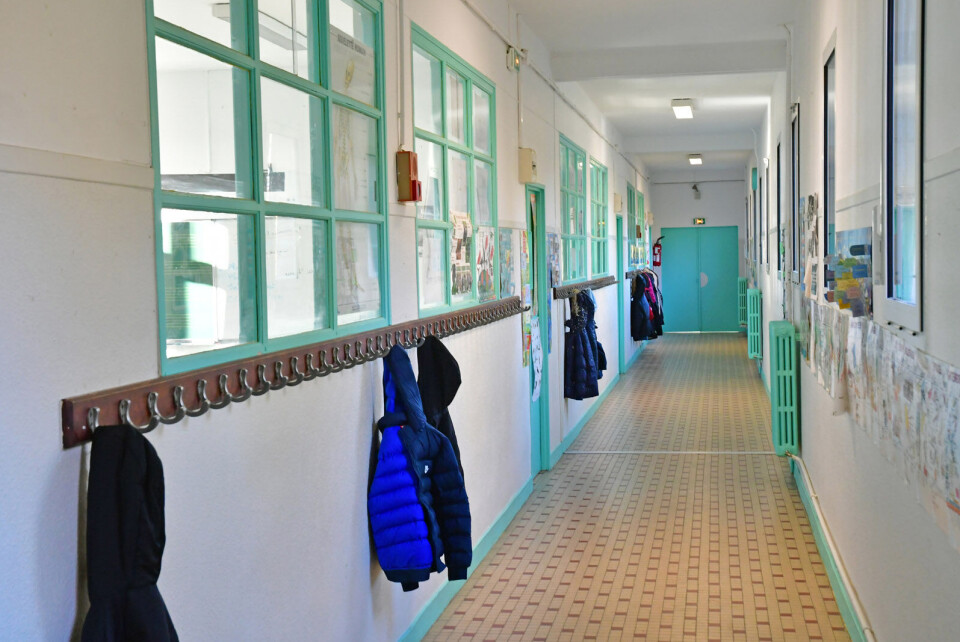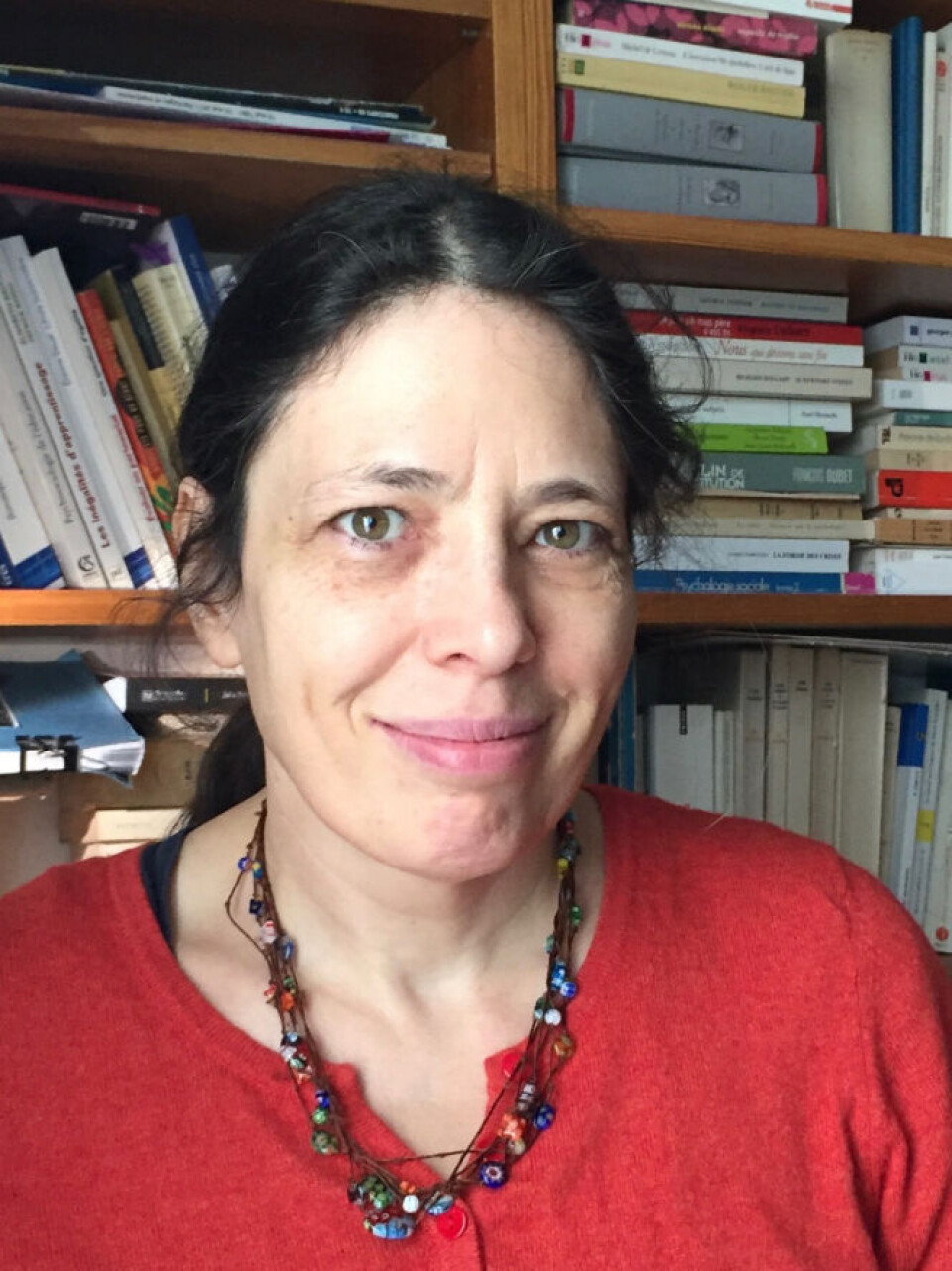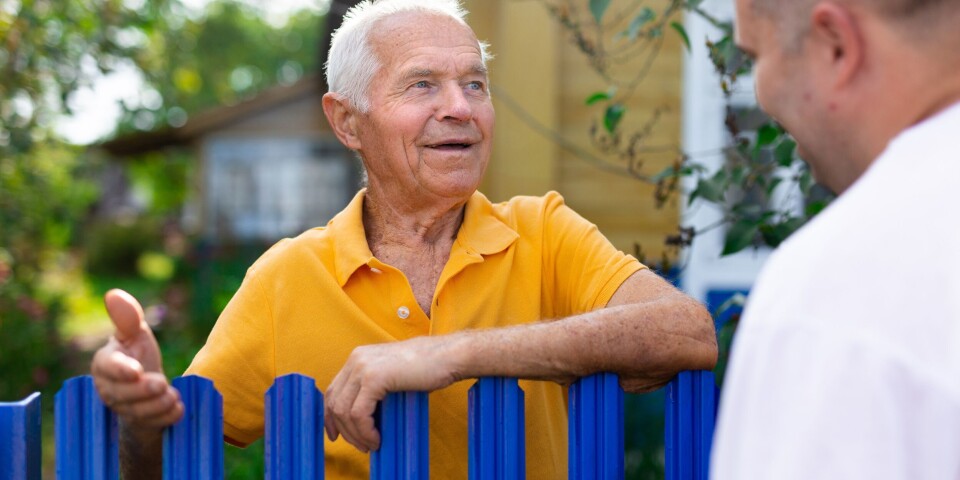-
How France’s ‘back to school’ grant works and the amounts for 2025
The aid is means-tested and will increase by 1.7% this year
-
Education in France: Can children be enrolled part way through school year?
Older children are assessed on their skills before entering the education system
-
Teachers in Paris strike over planned school closures
Sector threatens further action with job cuts and class closures on the horizon
French education: Alternative schools still lag in France
France is one of the worst countries in Europe for offering alternative forms of education, an expert claims, although that is changing slightly as demand from parents grows

Marie-Laure Viaud, a researcher at Lille-Nord de France university, has been studying alternative schools for the past 23 years.
She says there are around 300 Montessori, 22 Waldorf Steiner, and 21 Freinet schools in France, plus several more combining different methods.

“Over the past 15 years, the percentage has grown from a minuscule one to a small one.
“There are fewer in France than in most of Europe. I think this is because, in French culture, education is based on the premise that school should be equal and the same for everyone. There is no support from the government."
'There are only a few countries in the world where it is very difficult to develop alternative schools – and France is one of those'
In state schools, teachers are allowed to use alternative methods as long as pupils still follow the national curriculum. Ms Viaud says teachers in the public sector are far more open to new ideas than they used to be, and there are an increasing number of experimental classes within schools.
However, she says backing from the local inspector is rare, and these teachers are often discouraged and give up.
In the private sector, Ms Viaud says the number of schools has increased threefold in recent years.
There are two types of private school:
- Sous-contrat establishments have an agreement with the state and receive funding.
- Hors-contrat schools, by contrast, are inspected but can do more or less as they like, as long as they cover the basic subjects. They receive no public funding. Alternative schools have to be hors-contrat and are consequently fee-paying.
Common to most alternative schools is that pupils can see a sense to their learning and derive pleasure from it. Many also advocate that the rhythm and uniqueness of each child is respected.
Among the most common alternative schools are Montessori ones, which eschew formal teaching methods to develop a child’s natural interests.
Freinet methods, meanwhile, are mostly in state schools. The system was developed after World War One to create critical citizens, capable of working together to change the world. Group projects are central.
In democratic schools, pupils take responsibility for themselves and choose which courses to take. Introduced in France in 2014, there are now 50.
Forest school activities take place outside in nature whenever possible. They have been in France for around two years and are the most fashionable.
There are very few Steiner schools and many establishments use a combination of methods. Ms Viaud says serious studies show alternative methods can work better in terms of wellbeing, reducing violence, lowering stress and improving academic results.
However, she suggests anyone interested in alternative education should talk to the teachers first. “I have been in countless schools and it is important that a teacher is welcoming, smiles and listens. The same project outlined on a website can be very different in reality in the classroom.”
Related stories
Changes for the new school year in France
A guide to starting at school in France
























